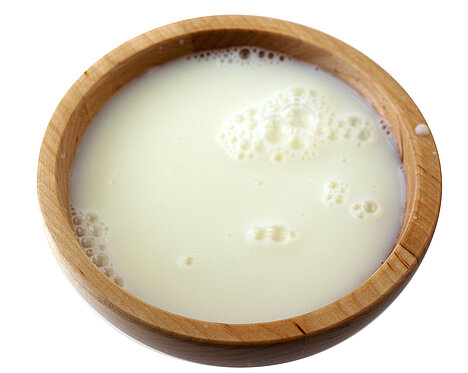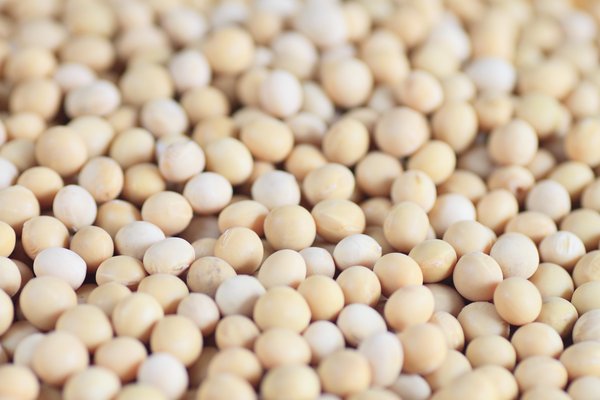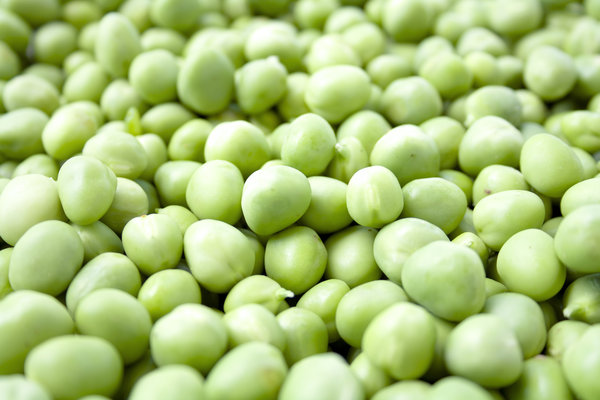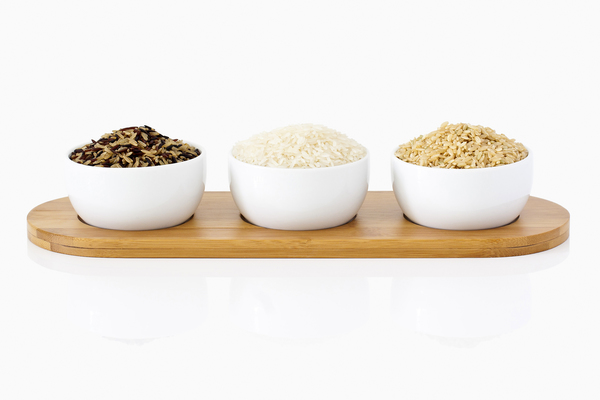Casein

What is casein?
Casein is a protein found in milk and dairy products. It makes up about 80% of the protein in cow's milk. Casein is often referred to as milk protein and has a gel-like structure. Casein is obtained from milk by treating it with acid or enzymes. This produces a solid component, the curd, and a liquid phase, the whey. The curd is further processed to produce different types of cheese. The whey also contains protein, which is known as whey protein.
Casein is used in the food industry as an additive to improve the texture, taste and shelf life of products. It is also used as an adhesive, colorant and plastic. In the dog food industry, casein is used as a source of protein or as a flavor enhancer.
What are the benefits of casein for dogs?
Casein has several benefits for dogs that you should know about. Firstly, casein is a high-quality protein source that contains all the essential amino acids your dog needs for healthy growth and strong muscles. Secondly, casein has a calming effect on dogs suffering from stress or anxiety. This is because casein releases a peptide called alpha-casozepine, which binds to the same receptors in the brain as benzodiazepines, a group of drugs that relieve anxiety. Studies have shown that dogs given casein show fewer signs of stress such as barking, panting or trembling.
What are the disadvantages of casein for dogs?
However, casein also has some disadvantages for dogs that you should be aware of. For one thing, casein can trigger allergies or intolerances, which can manifest themselves in symptoms such as itching, skin rashes, diarrhea or vomiting. This is because some dogs are sensitive to certain components of casein or have difficulty digesting it. On the other hand, casein can lead to overweight or obesity if it is fed in excessive quantities. This is because casein is very high in calories and increases blood sugar levels.
How can you tell if your dog can tolerate casein?
If you want to give your dog a new food with casein, you should always pay attention to how he reacts to it. Introduce the new food slowly and observe your dog for any signs of discomfort or allergy. If your dog has no problems with the food, you can continue to give it to him. However, if your dog shows symptoms such as itching, skin rash, diarrhea or vomiting, you should stop the food immediately.
How much casein should your dog get?
The optimal amount of casein for your dog depends on various factors, such as his age, size, activity level and state of health. In general, however, less is more. Too much casein can lead to health problems and should therefore only be fed in moderation.
Casein is a protein in milk and dairy products. It is extracted from milk and used in the food industry for texture and shelf life. In dog food it serves as a source of protein and stress reduction. Advantages are high quality protein and stress-reducing effect. Disadvantages can include allergies and obesity. Tolerance in dogs varies, so the introduction of casein into the diet should be monitored. The amount should be limited depending on the dog and its needs.
If you notice any signs of hypersensitivity or poisoning in your dog, you should see your vet immediately. We are not a substitute for a vet, but we try to be as accurate as possible. Every dog reacts differently and we recommend you get a second opinion or consult your vet if in doubt.
Stay healthy and take good care of your four-legged friend!😊
Similar to Casein
The benefits of whey protein for dogs Whey protein has several positive effects on the health and well-being of dogs. Here are some of them: Whey protein supports muscle building and recovery after...
Soy protein is the protein contained in soybeans. The soybean is a legume and originally comes from East Asia. There it has been used as a food for thousands of years. Various products are made from...
Pea protein has several advantages for dogs that make it an attractive ingredient. Firstly, pea protein is hypoallergenic, which means that it does not trigger allergic reactions. This is...
Rice protein is a powder made from rice grains. The carbohydrates and fats are separated from the protein and the protein is concentrated. Rice protein contains all the essential amino acids that...



